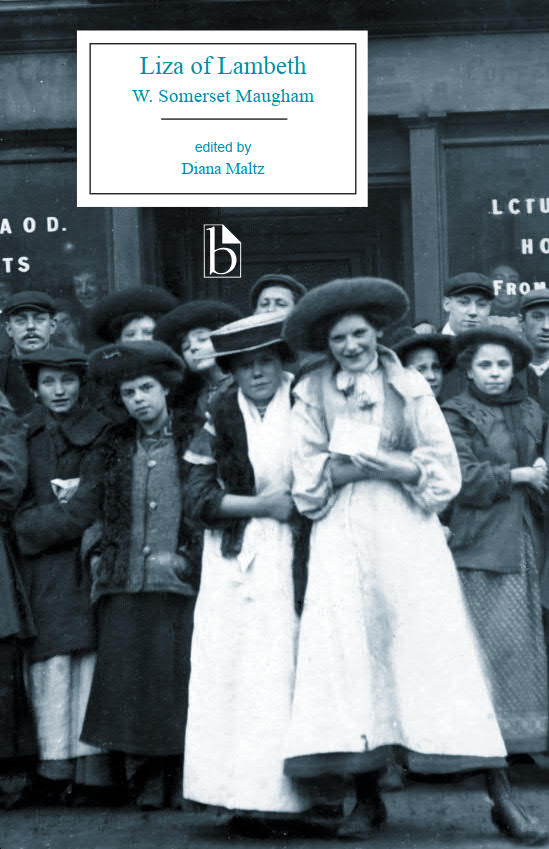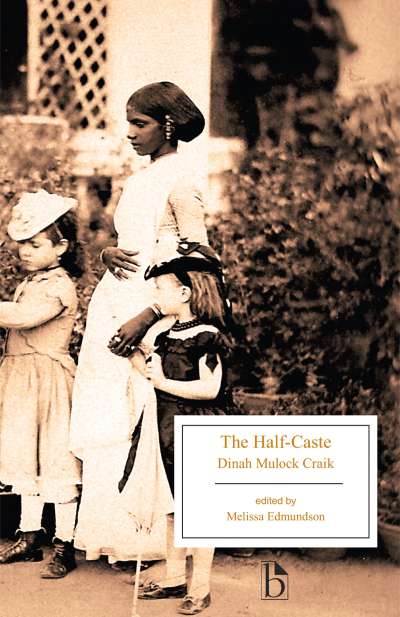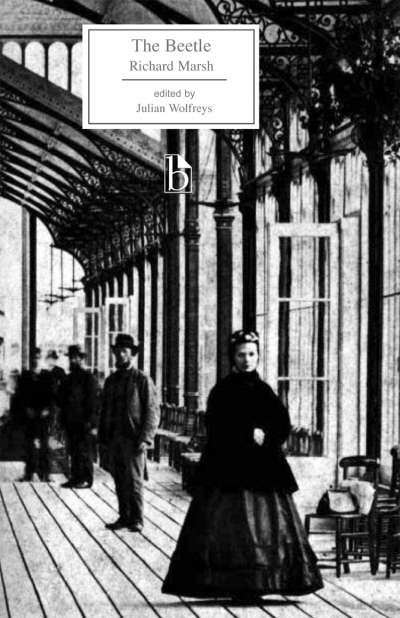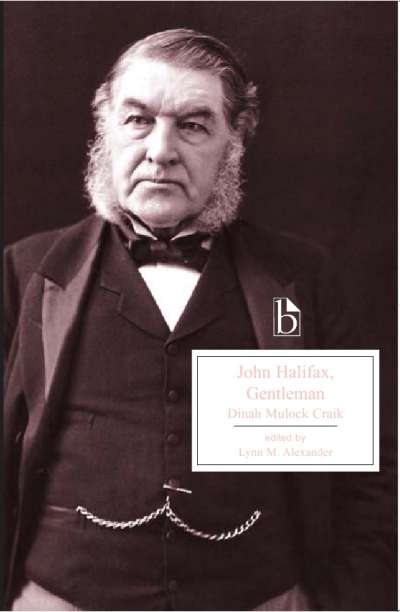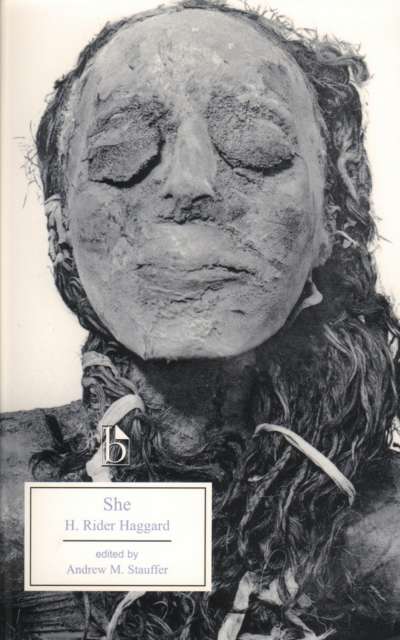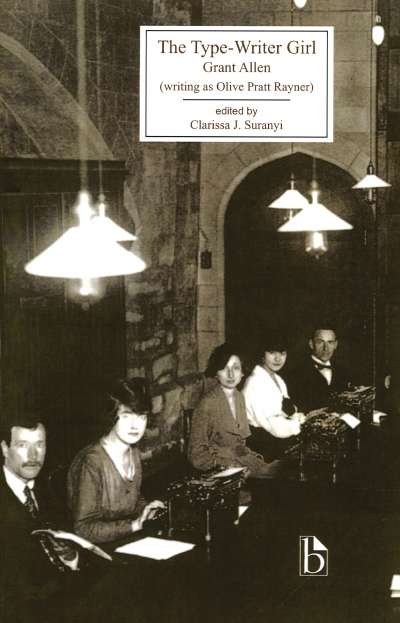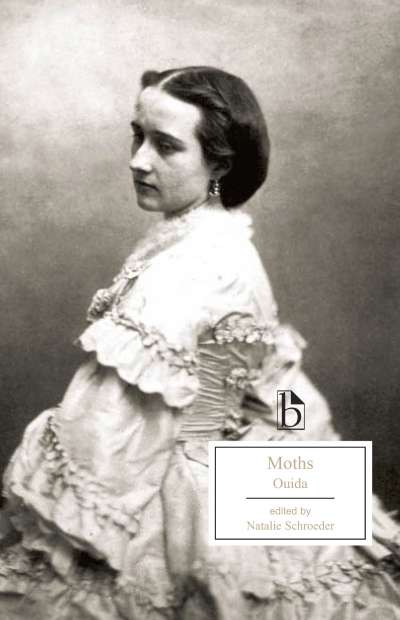Following the publication of Liza of Lambeth, W. Somerset Maugham would go on to establish himself as one of the best-selling and most prolific novelists of the twentieth century. For all that Liza did not dramatize life in a thieves’ den or depict the poor as atavistic brutes, its honest treatment of working-class pastimes and appetites troubled middle-class readers as much as the bludgeonings and chivings of Arthur Morrison’s violent A Child of the Jago had one year before. Maugham vividly captured a working-class couple’s illicit romance and a neighborhood’s collective surveillance and punishment of the woman’s alleged promiscuity and the man’s marital infidelity. Today, the novel’s treatment of women’s experiences, working-class life, and health and medicine in the Victorian city are freshly relevant.
Comments
“Broadview and Diana Maltz deserve our gratitude for this new edition of W. Somerset Maugham’s first novel. Maltz’s introduction is wide ranging and intelligent, and it provides an excellent overview of the context of Liza’s life in semi-respectable poverty that will be of value not only to students but also to scholars new to the period. The supplementary material offers an illuminating range of documents that further make this volume warmly recommended.” — Luke Seaber, University College London
“Liza of Lambeth launched W. Somerset Maugham’s career as a novelist. In this authoritative, illuminating edition, Maltz places Maugham’s fictional exploration of South London working-class life in its biographical, historical, and literary contexts. Reviews, essays, documents about working-class living conditions and interpersonal relations, as well as Maugham’s own autobiographical writings and clarifying annotations all give us a clear view and subtle sense of the writer and his world. Maltz has given us an edition that will be welcomed by scholars and general readers alike.” — Kevin A. Morrison, Henan University
“Liza of Lambeth is a neglected classic of 1890s British realist fiction. Maugham dramatizes the complicated life of a young factory woman in working-class London, caught between competing loyalties, her own desires, and the rough life of the streets. Maltz’s excellent introduction places the novel in the context of contemporary working-class life—its entertainments, neighborhood values, absence of medical care, and endemic alcoholism and violence. The appendices offer extensive information on the novel’s initial reception, Maugham’s background, working-class London of the period, and maternity and family planning, among other topics. With its lively dialect scenes and mostly likeable if at times naïve heroine, Liza of Lambeth would be a useful addition to courses on late-nineteenth-century literature, women’s and social history, or literary modernism.” — Florence Boos, University of Iowa

